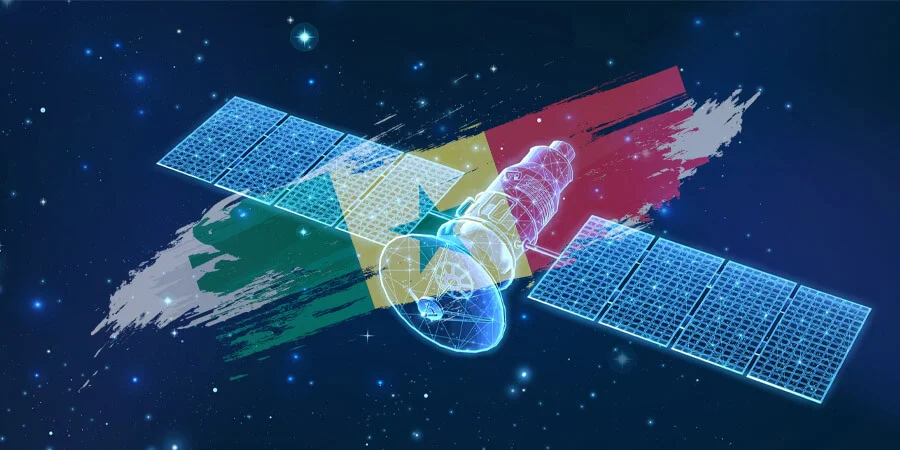Senegal assembles second satellite GAINDESAT-1B, signaling bold leap in space sovereignty

Senegal has taken a decisive step in its ambition to become a significant player in space technology, as assembly begins on its second satellite, GAINDESAT-1B, at the University of Montpellier.
This milestone follows the successful launch of GAINDESAT-1A in August 2024 from Vandenberg Air Force Base in California.
The new satellite, developed under the SENSAT initiative in partnership with the Montpellier University Space Center, is designed to expand Senegal’s capabilities in satellite data collection and utilization.
GAINDESAT-1A focused on water resource management—an issue of critical importance to the country.
Its successor, GAINDESAT-1B, will deepen that mission with added emphasis on land observation, agriculture monitoring, and environmental risk mitigation.
A high-level delegation from the Senegalese Ministry of Higher Education, led by Professor Hamidou Dathe, Director General of Research and Innovation, visited Montpellier to oversee the satellite’s progress.
The visit served not only to reaffirm the government’s support but also to ensure the continuity of Senegal’s growing national expertise in aerospace engineering.
“This is not just a technological project—it is a strategic imperative,” said Professor Gayane Faye, coordinator of the SENSAT initiative.
“Senegalese engineers and technicians are involved in every phase of GAINDESAT-1B’s development.
This project is laying the foundation for future satellites to be fully developed with national expertise.”
Senegal’s vision extends beyond science and technology. By mastering satellite production and data acquisition, the country aims to reinforce its sovereignty and reduce dependence on foreign sources for critical information.
The applications are far-reaching—from food security planning and environmental protection to national development strategies.
The GAINDESAT program reflects a maturing space policy underpinned by solid institutional planning and targeted international cooperation.
For Senegal, space is no longer a distant frontier—it is becoming a tool for sustainable development and national empowerment.
With GAINDESAT-1B nearing completion, Senegal is poised to inspire a new generation of scientists, engineers, and policy leaders committed to transforming the sky into a catalyst for progress on the ground.
About The Author
dailymailafric
I am an avid African news observer, and an active member of Daily Mail Africa.
I’m Passionate about staying informed on diverse topics across the continent,
I actively contribute to publishing on political, economic and cultural developments in Africa.



